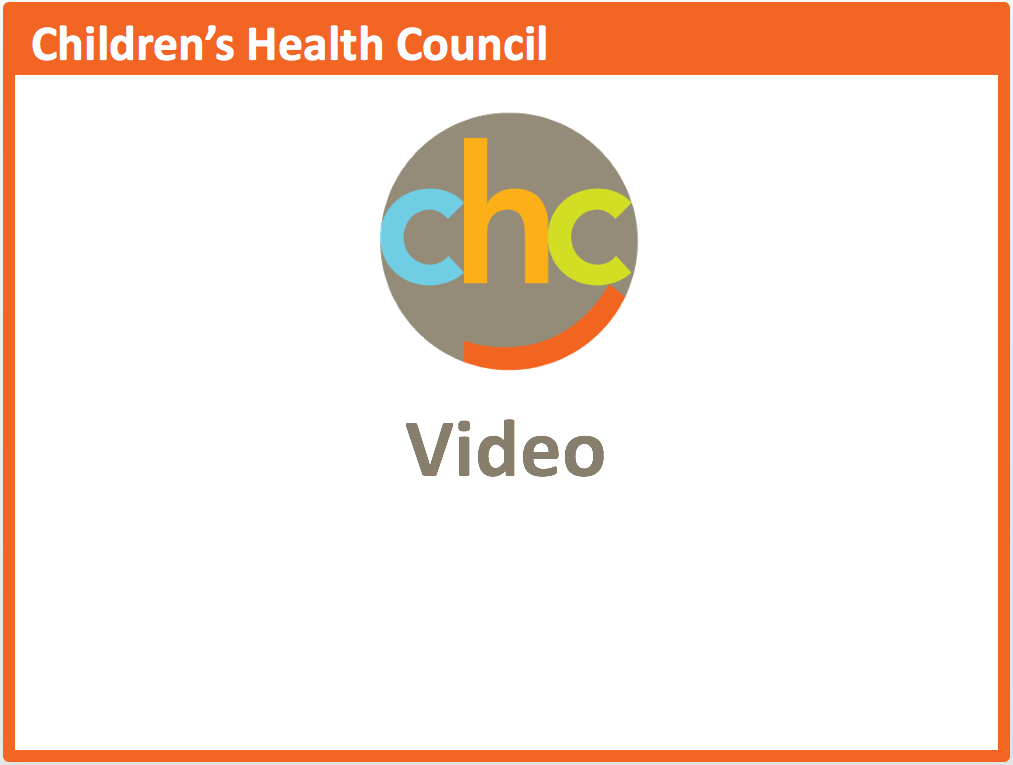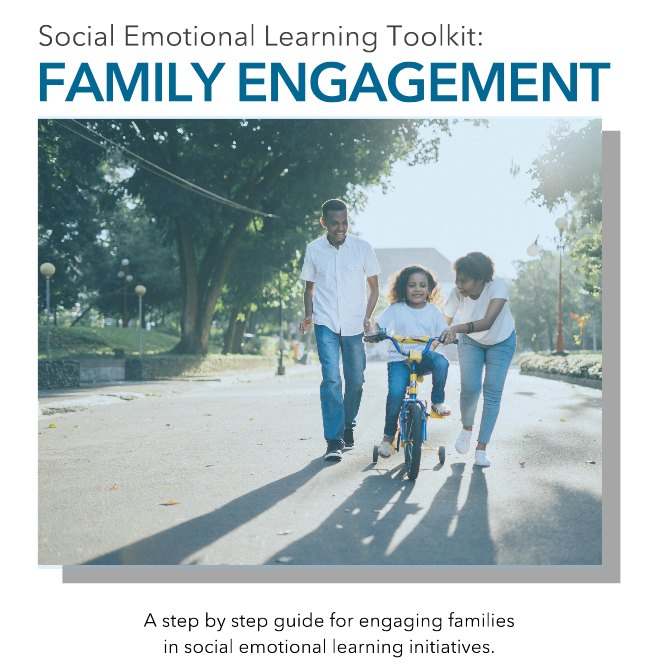 When provided with the foundation of a safe environment, trusted mentors and opportunities to engage, all young people can be empowered to develop the skills they need to become self-advocates and elevate their voices.
When provided with the foundation of a safe environment, trusted mentors and opportunities to engage, all young people can be empowered to develop the skills they need to become self-advocates and elevate their voices.
There are many benefits to young people learning to be self-advocates. They understand their needs and concerns and feel empowered to ask for help when they need it. They recognize their personal worth and speak up on behalf of their work and contributions. They believe in their values and vocalize what they stand for and what they do not, often standing up for others or inspiring others to join a cause. They can say “no” to things that aren’t right for them, and “yes” to opportunities and experiences that might benefit them. And their peers, as well as adults, recognize their leadership and influence as they contribute important perspectives.
Here are four ways to help the young people in your life become a self-advocate
Discuss the art of “speaking up.”
Ask your kid or teen who they admire for speaking up, and why. Start a conversation about what they feel comfortable speaking up about – whether it’s raising their hand to ask a question in class, or standing up against peer pressure, or tackling an issue at school (or beyond) that they want to see addressed. If they’re not comfortable speaking up, explore why and take small steps to grow that confidence.
Encourage and act on youth input.
When you ask for input from a young person, act on it. Seeing their suggestions come to life in a meaningful way goes a long way in building their confidence in how their thoughts and suggestions can influence the world around them.
Model self-advocacy.
When learning to speak up, ask for things or represent their opinions, kids (and many adults) can be blunt and their attempt can backfire. Model both self-advocacy and advocacy in a respectful, collaborative way so that young people understand how they say things can matter just as much as what they say. This may mean inviting the young person in your life to tag along when participating in a school board meeting to see you advocate for an issue you believe in, or sharing a time when you spoke up for yourself and how you approached it.
Be open about consequences and failure.
Part of being a self-advocate is also knowing sometimes you don’t get the result you were looking for. There will be times when their effort does not succeed, they hear a “no” or they don’t voice things in a constructive way. Be their partner in understanding that result and what next steps look like. If it’s a situation where they voiced things in an unconstructive way, can they address it and rephrase their request? If it’s a situation where their suggestion wasn’t taken, do they understand why and can accept that decision?
Excerpted from “What Is Self-Advocacy?” from the Boys and Girls Clubs of America. Read the full post online.
Source: Boys and Girls Clubs of America | What Is Self-Advocacy?, https://bgca.org/news-stories/2021/September/what-is-self-advocacy | © Boys & Girls Clubs of America. Retrieved January 2023.
Do you need someone to talk to? To schedule an evaluation or to get advice about your child’s or teen’s challenges, call or email a CHC Care Coordinator at 650.688.3625 or careteam@stage.chconline.org CHC teletherapy services are available now





